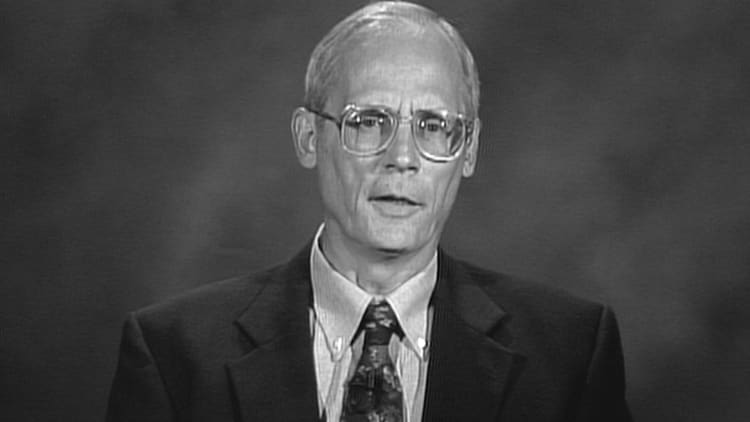Republicans are finally making moves on tax reform. And the effort could affect your retirement.
After failing to repeal Obamacare, taxes have become a prime target for President Trump and are currently his "highest focus," says Treasury Secretary Steven Mnuchin, according to Politico. And, as the government grapples with how to raise revenue to offset any cuts, negotiators are drawing inspiration from former Republican Rep. Dave Camp's 2014 tax plan.
One "idea quietly being discussed," Politico reports, is to tax the money employees designate for their 401(k) plans up front.
Currently, any money placed in a 401(k) plan is tax-deferred. Taxes are paid upon withdrawal, which starts at age 70½ at the latest.
A change to the rules would go against statements previously made by the White House, which assured reporters following the initial announcement of Trump's proposed plan that, despite some confusion, reforms would not affect 401(k) contributions.

The idea of taxing 401(k) contributions differently already has detractors, including "budget hawks, who consider it a gimmick; the financial services industry that handles retirement savings; and nonprofits that try to encourage Americans to save," says Politico.
Should the rules change, it would affect your 401(k) in two major ways: The amount you owe in taxes and when you would have to pay.
The 401(k) plan is the leading retirement savings vehicle in the U.S., with more than 55 million active users contributing over $5 trillion to the plans as of March 2017.
Advocates of the current tax-deferred 401(k) plan say that "reducing your taxable income this year with your pre-tax contributions is more valuable to you if your expectation is that you will be in a lower tax bracket in retirement," as CNBC's Carla Fried reports.

But Fried warns that this doesn't always amount to the best financial scenario later on. "If the bulk of your retirement savings are in traditional 401(k) plans and individual retirement accounts, the [required minimum distributions] are likely to keep your rate from plummeting, especially once you add in other income sources such as Social Security and, perhaps, a pension," she writes.
In short, if you expect to be in a lower income bracket in retirement than you'll be at the peak of your career, paying taxes up front will cost you. But, as Fried points out, you might end up in a higher income bracket in retirement than you think.
However, this argument may be irrelevant to the realities of many Americans' current financial situations. The added cost of paying taxes up front could reduce the amount many individuals are able to contribute, or hinder their ability to save for the future at all.
Americans' retirement savings are already dangerously low. According to a 2016 report from the Economic Policy Institute (EPI), the median working-age family (50th percentile) had only $5,000 saved in 2013. In contrast, the top one percent of families had $1.08 million or more stashed away in 2013, or 216 times more.
Like this story? Like us on Facebook
Don't miss: Here's how much the average American earns at every age




